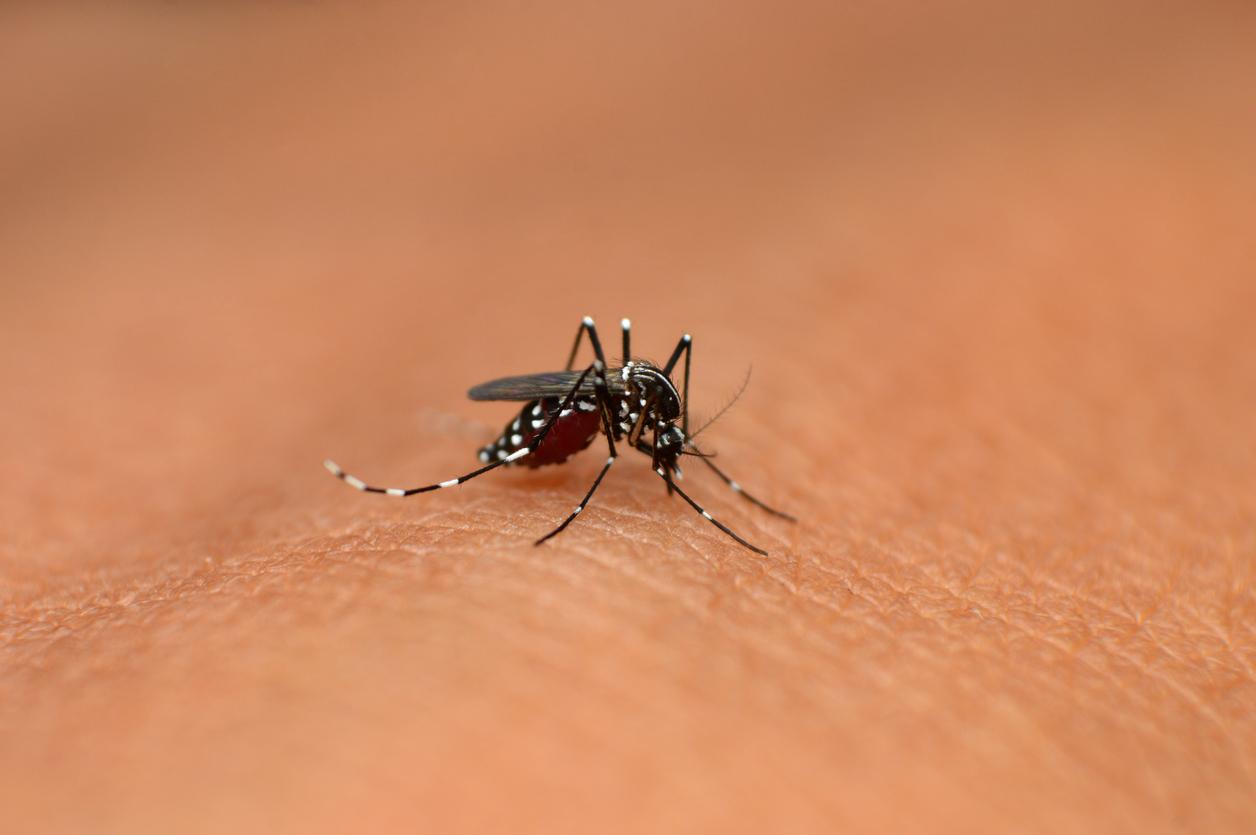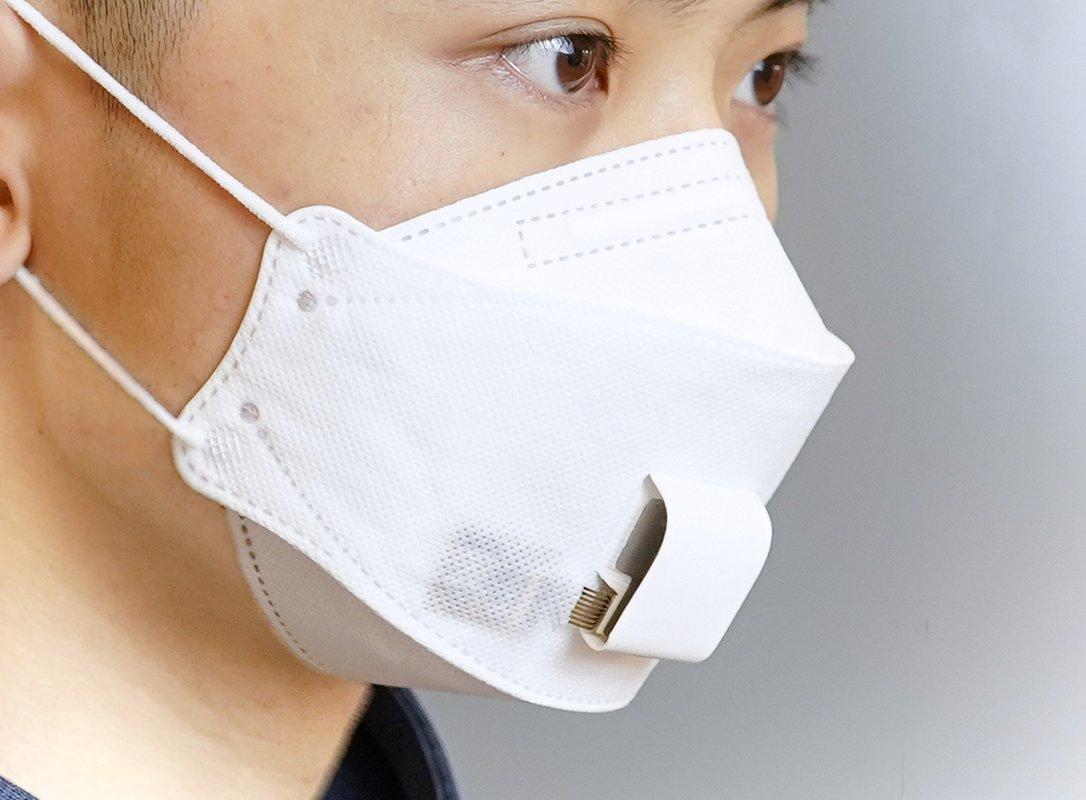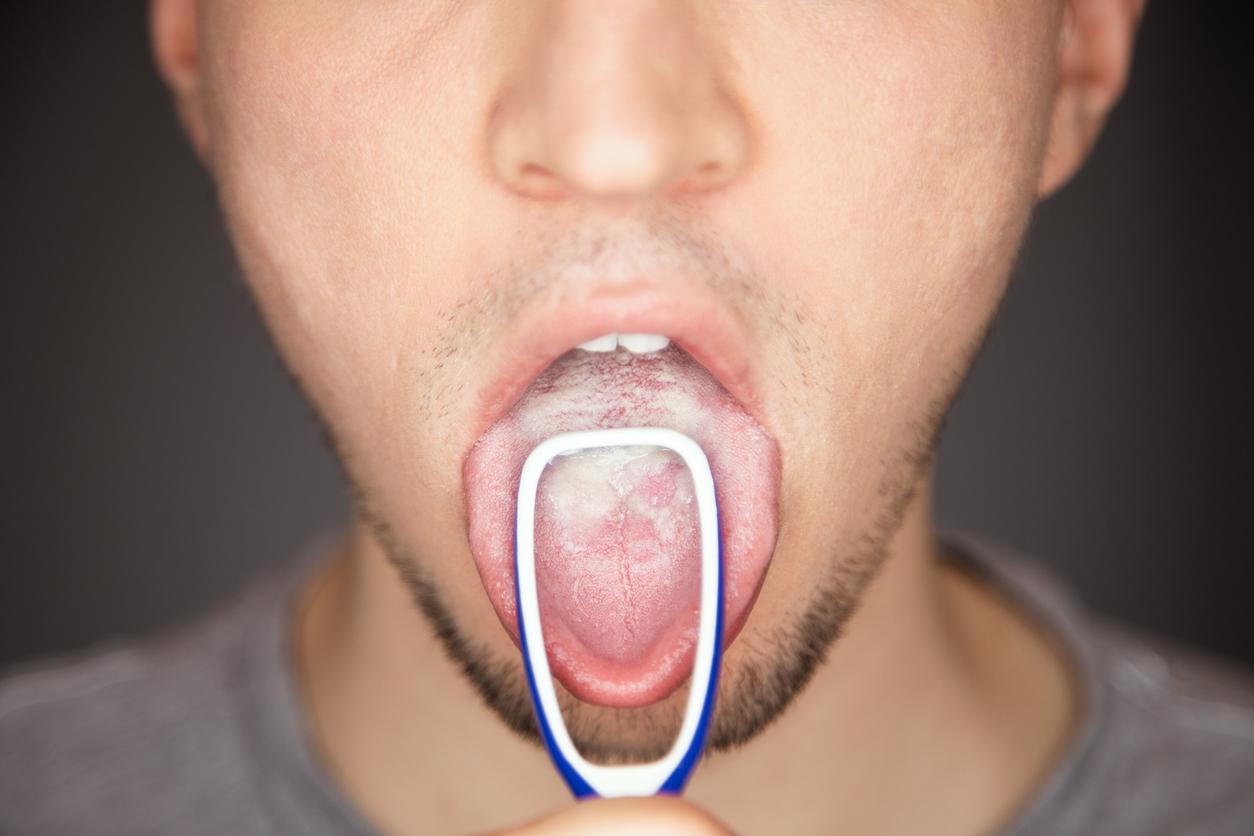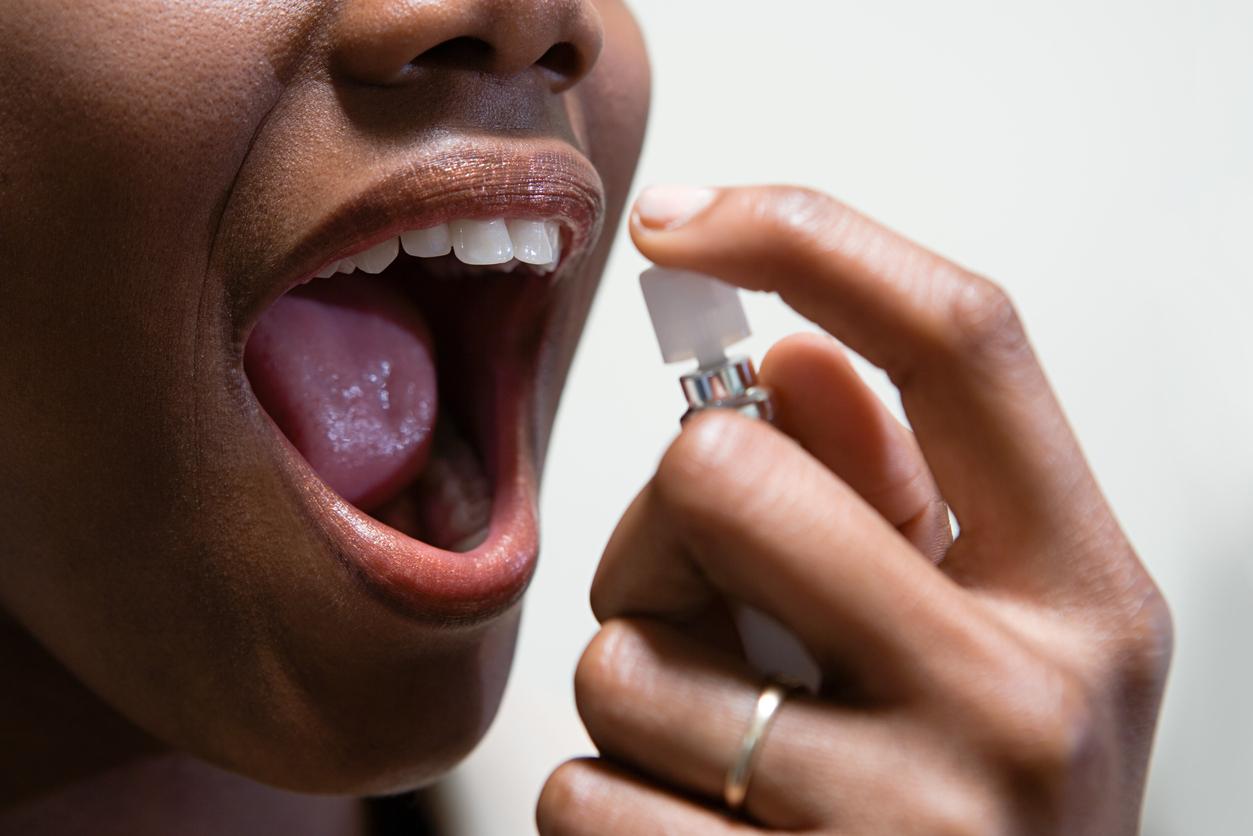
Are men or women more likely to have halitosis?
A foul smelling breath. It is typically such a subject that is still taboo. Because do you dare to say directly to someone that he stinks from his mouth? Or do you regularly come up with chewing gum and mints as a sneaky hint? How does such a smelly breath actually arise? And do men or women suffer from it more often? Seven questions about halitosis.
Everyone has unpleasant breath from time to time, for example after eating or drinking certain foods or when waking up in the morning. About a quarter of adults suffer from bad breath more often. This is also called halitosis, halitosis (halitus means breath or smell, osis is abnormal) or fetor ex ore. Socially, halitosis can cause major problems. After all, nobody likes it when his interlocutor stinks from his mouth.
1. How do you know you have bad breath?
If you’ve eaten garlic or highly spicy food, you usually know that your breath doesn’t smell good. You will also smell from your mouth when using tobacco or alcohol. But someone with chronic bad breath, or halitosis, is sometimes not aware of it. Tricks like breathing into your hands and smelling quickly to find out if you have bad breath won’t help. You are so familiar with your own smell that you do not experience it as unfresh.
Even if you have a bad taste in your mouth, you can’t automatically assume that your breath stinks; that is not necessary at all. If you want to know if you have bad breath, it is best to ask your partner, a good friend or, for example, the dentist.
2. Can you prevent bad breath from food or drink?
You cannot prevent drink breath or bad breath from food; at most you can temporarily mask the smell. For example, parsley is said to help after a garlic-rich meal. Mouthwash, mouth sprays, chewing gum, pills, and candies may also provide temporary relief. The only way to prevent bad breath from food is to avoid certain foods.
3. How come today you smell what someone ate yesterday?
Food goes a long way in the body. Your body absorbs the building materials and the waste is excreted. This is done through the urine, faeces and mucous membranes in the lungs. And just like urine can smell bad, for example after eating asparagus, you can smell these gases from your mouth.
4. Is there a link between bad breath and age?
Older people are more likely to suffer from halitosis than young people. This is because saliva production decreases with age. The less saliva, the more leeway dirty gases and bacteria have.
5. Who is more likely to suffer from bad breath: men or women?
Men and women are equally likely to suffer from bad breath. It is sometimes said that hormonal changes affect mouth odor, but this has not been scientifically proven. However, women can generally smell better and are therefore more likely to suffer from it in others.
6. How does chronic bad breath develop?
It is often claimed that chronic bad breath, or halitosis, comes from the stomach, but that is usually not the case. The most common cause of halitosis is the breakdown of protein and protein compounds on the tongue and in dental plaque. Sometimes the bad breath comes from the nasal passages or lungs, but in 87 percent of cases the cause is in the oral cavity. And in the mouth, the tongue is almost always the culprit.
In some people, a layer of proteins forms on the rough part of the tongue, near the uvula, on which bacteria live. This layer – often a somewhat yellowish substance – produces sulfur-rich gases with the smell of rotten eggs. Periodontitis, or gum disease, is also a major cause of bad breath in about 17 percent of patients..Finally, the cause of the halitosis may indeed lie outside the mouth.
Causes of halitosis located outside the oral cavity include:
- lines.
- respiratory diseases.
- Disorders in the gastrointestinal tract (cancer, inflammation of the stomach lining).
- Liver/gallbladder disorders.
- Diabetes.
- Trimethylaminuria or fish odor syndrome.
- Medicines.
- Food/stimulants (garlic, alcohol, tobacco).
- Sinusitis.
- A Zenker diverticulum in the esophagus, which can leave food particles behind and rot.
- A diaphragmatic rupture, as a result of which the sphincter between the esophagus and the stomach does not close properly.
- Constipation or gas in the gut (flatulence).
7. Is there anything you can do about bad breath?
The taboo on bad breath is big, so many people keep walking around with it unnecessarily. In the first place, good oral hygiene is important in the prevention of halitosis. Think of sufficient brushing, cleaning of the tongue and stoking, brushing and the use of floss. Healthy gums are important to prevent inflammation. Ensure regular check-ups and treatment by a dental hygienist, for example to remove tartar.
If a layer on the back of the tongue is the cause of bad breath, there are special rinse aids for that, which are simply available at chemist and pharmacy. They suppress the bacteria and trap gases. They attach to the receptors of the mucous membrane and thus remain in the mouth for a long time. In addition, they can be used for a longer period of time.
Sources):
-
- Plus Magazine

















